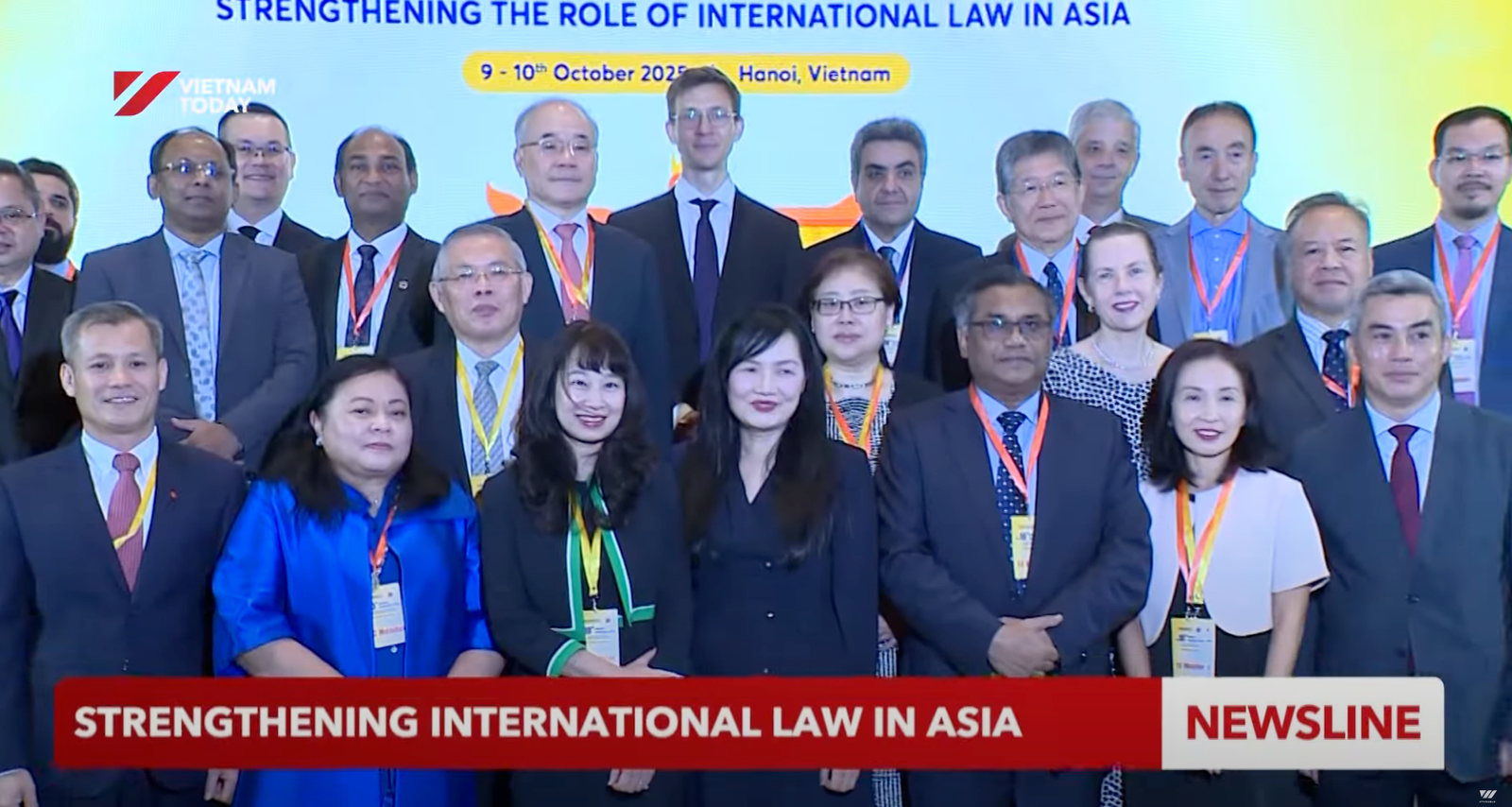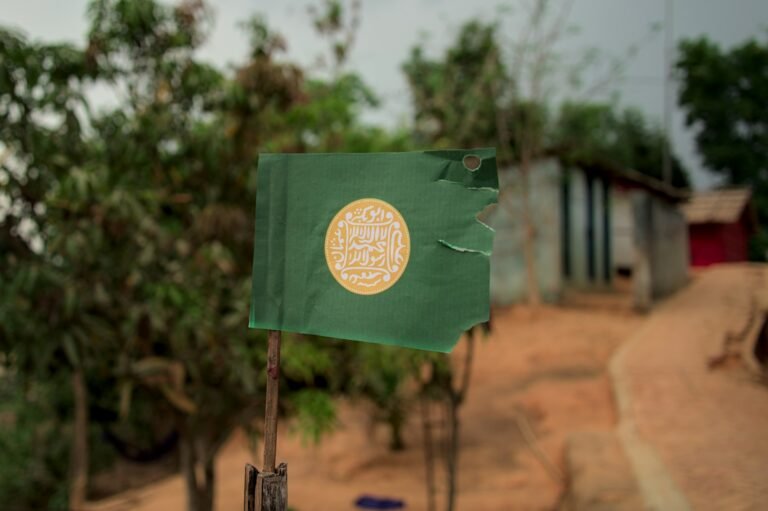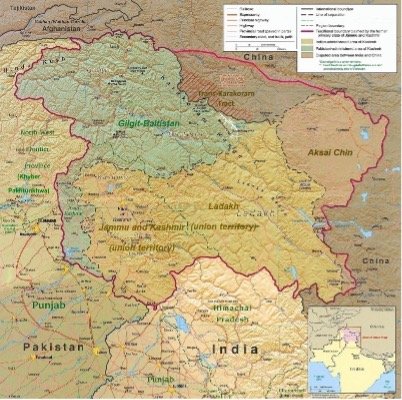By Benjamin Kok
Once known as Thang Long – the land of the soaring dragon, the capital of Vietnam beautifully lives up to its modern name, which loosely translates to “between the rivers”. It was thus apt that Hanoi recently served as a meeting point between rivers of academic opinion, connecting legal scholars across Asia, for the 10th Biennial Conference of the Asian Society of International Law (AsianSIL). The conference was held over 9th and 10th October, with participants from local ministries, agencies, and educational institutions, joining scholars, judges and experts from across the globe, to discuss significant issues of international law.
Speaking at the opening ceremony, Ambassador and AsianSIL President Dr Phạm Lan Dung explained that, amidst global fluctuations and renewed debate over the effectiveness of global and multilateral institutions, it is pivotal that Asia endeavours to strengthen the role of international law in the region. This was a view shared by AsianSIL Secretary-General and Associate Professor for the Faculty of Law at the National University of Singapore, Dr Cheah Wui Ling. “When faced with today’s many global challenges, it is easy to become disillusioned with international law. Yet, it is during such times that those trained in and committed to the rule of law redouble their efforts. For this reason, the role played by the Asian Society of International Law in bringing together international law practitioners, scholars, and students is more important than ever. Each of you has an important role to play. Your voice and opinion matters,” added Prof Cheah, who called on participants to proactively contribute to the ever-growing discourse in the field of international law.
While the conference continues to serve as a meaningful touchpoint for cross-cultural exchanges and co-operation, it also plays an important role in nurturing the next generation of scholars. Dr Phạm particularly emphasised the importance of supporting younger scholars in their research, who bring fresh, creative perspectives to the ever-evolving study of international law. In this spirit, AsianSIL continues to recognise the commendable work of up-and-coming scholars, by awarding the AsianSIL Young Scholar Prize at each biennial conference since 2017. The prize is awarded for the best article by a younger scholar published in the Asian Journal of International Law (AsianJIL). At this year’s opening ceremony, the first and second prizes were awarded to Anam SOOMRO and Heidarali TEIMOURI respectively, with the third prize being jointly awarded to Jamieson KIRKWOOD and Javier García OLMEDO. AsianSIL expresses its sincere thanks to Professor Shirley Scott and Professor Tony Anghie, who served as the esteemed judges for the prizes awarded this year.
Over two days of plenary sessions and thematic discussions, participants explored multi-faceted, contemporary issues, which canvassed the areas of digital sovereignty, trade and investment, human rights and dispute settlement, among many other areas of international law. Of particular focus was the United Nations BBNJ Agreement, with experts discussing the challenges faced by Asian states in implementing the agreement, and the possibility of legal harmonisation and regional coordination in mitigating these challenges. The topic of climate change was also a subject of considerable scholarly debate, with experts exploring the detrimental effects of irregular climate-related displacement and exploitation, the intricate relationship between climate change and the rise in maritime crimes, and the International Court of Justice’s recent Advisory Opinion on Obligations of States in respect of Climate Change. Finally, participants were keen to express their views on topics at the intersection of human rights and technology, such as the importance of human rights safeguards and impact assessments in promoting the use of artificial intelligence, and the risks of darknet exploitation.
Expressing her optimism on the conference’s expanding influence in rejuvenating the study of international law in Asia, Prof Cheah thanked the members of the Executive Council and Advisory Council, who played a pivotal role in organising the conference this year. In the same vein, she encouraged participants to lend their support to their colleagues, as Bangladesh prepares to host the next biennial conference in 2027. The conference will be an especial one, as it will also commemorate AsianSIL’s 20th anniversary.
AsianSIL will provide more details on the 11th Biennial Conference of the Asian Society of International Law in the coming months.
A comprehensive summary of the papers presented at the conference may be found, at the time of publication, at this link.
Image credit: Vietnam Today
About the author
Benjamin Kok is a 2nd year LL.B. (Hons.) student at the National University of Singapore.





